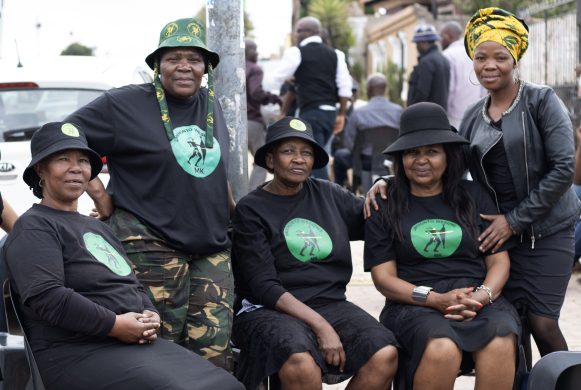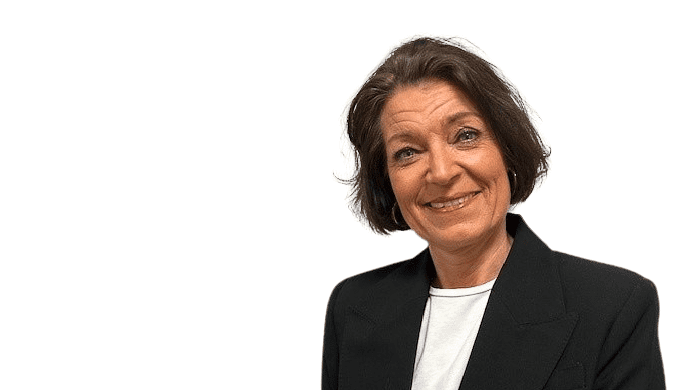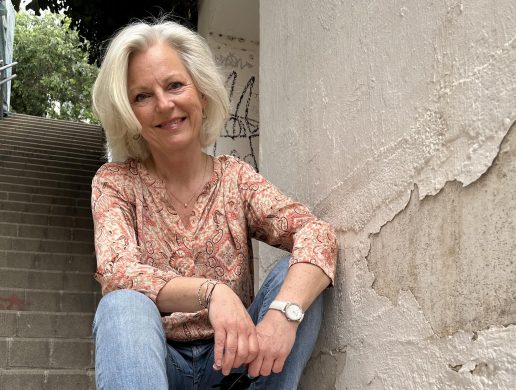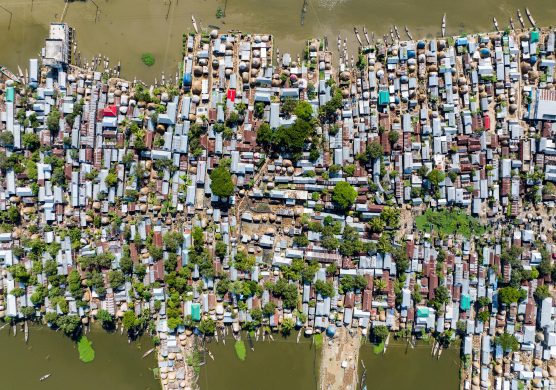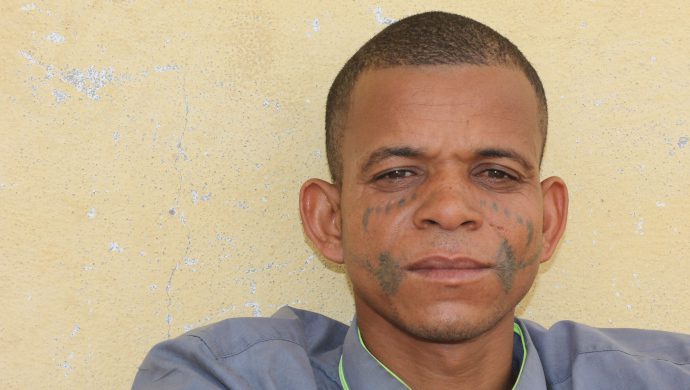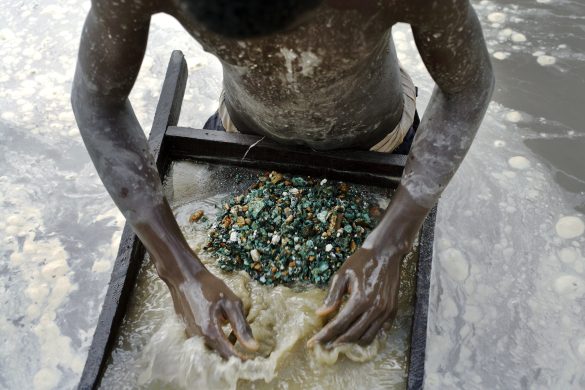Ved at skabe mere lighed for kvinder i fattige landes landbrug kan man både gavne fødevaresikkerhed samt miljø og klima, skriver FN’s fødevareorganisation på kvindernes internationale kampdag.
ROME, 7 March 2014: Reducing gender inequality is fundamental to eliminating hunger and developing more sustainable food systems, FAO Director-General José Graziano da Silva told international experts and country representatives at an International Women’s Day event in Rome.
“This year we are celebrating Women’s Day against the backdrop of the International Year of Family Farming,” Graziano da Silva said.
“Family farmers are the dominant force in global food production. And, at the same time, they are among the world’s most vulnerable people. Much of the future of global food security depends on their realizing their untapped potential. Rural women are an important part of this, not just as famers but also in processing and preparing food, and in local markets,” he added.
Representatives of United Nations and partner organizations were gathered at FAO headquarters for a panel discussion on the theme, ‘Closing the gender gap in agriculture’.
The dialogue was jointly organized by FAO, the International Fund for Agricultural Development (IFAD); the World Food Programme (WFP); the International Development Law Organization (IDLO); the International Food Policy Institute (IFPRI); and, the World Farmers’ Organisation (WFO).
Participants discussed the challenges faced by rural women in developing countries, who are highly dependent on subsistence agriculture to feed their families, but who often get caught in a cycle of poverty and hunger due to lack of access to adequate land and water, agricultural inputs, credit, technologies and training.
The FAO Director-General recalled how, in 2003, it took a court case to defend the decision by the Brazilian government to channel the bulk of cash transfers in that country’s Zero Hunger Program to women recipients, based on the premise that they played a “dominant role in family food management.”
“Equality for women is progress for all,” Graziano da Silva said.
Gender and sustainability
Keynote speaker Mary Robinson, former President of Ireland and currently head of the Mary Robinson Foundation – Climate Justice, said problems brought on by gender inequalities and lack of access to resources in agriculture were compounded by the unpredictable consequences of climate change.
“For global development to be sustainable, the issues of climate change, gender equality and food security must all go hand-in-hand,” said Robinson, who is also a member of IDLO’s International Advisory Council and a former UN High Commissioner for Human Rights.
“By actively linking human rights, development, climate change and gender equality in your work, you will empower yourselves and your organisations to break out of the ‘boxes’ that constrain policy making and implementation, and engage in a new model of truly sustainable development.”
“It is vital that at the UN Climate Summit in September, the interlinked issues of gender equality, agriculture, the rule of law, sustainable development and climate justice are addressed in order to achieve an effective framework for the future of our planet,” Robinson added.
Ertharin Cousin, Executive Director, WFP and Michel Mordasini, Vice-President, IFAD joined the FAO Director-General in opening the event.
Speakers and panelists included representatives of the various organizations involved, in addition to Tehmina Janjua, Ambassador of the Islamic Republic of Pakistan, and experts from the World Bank’s Inequality and Poverty Team.







